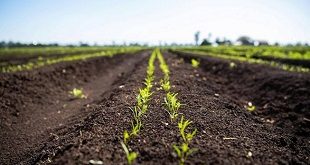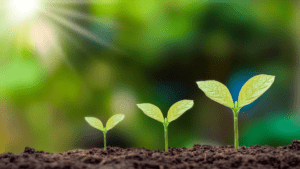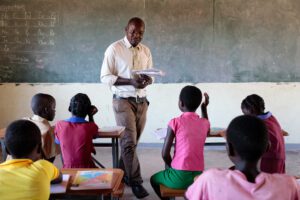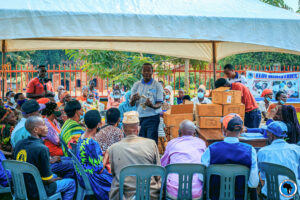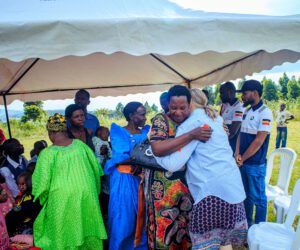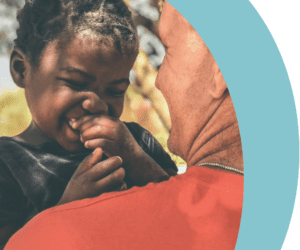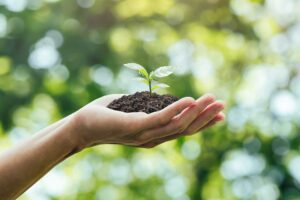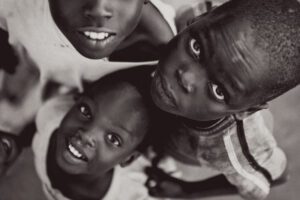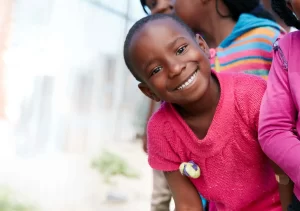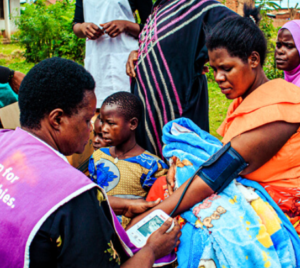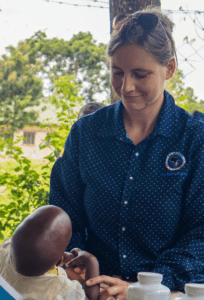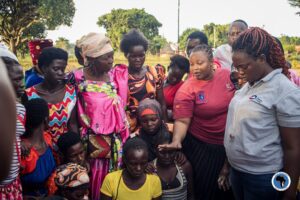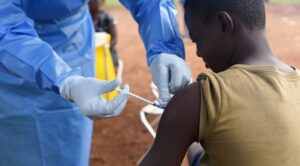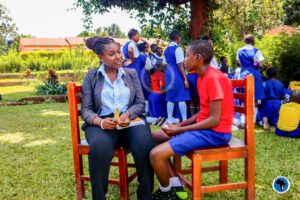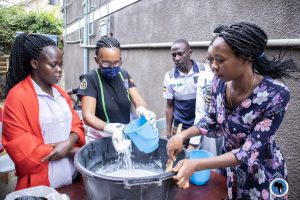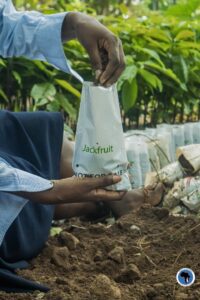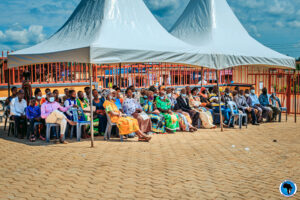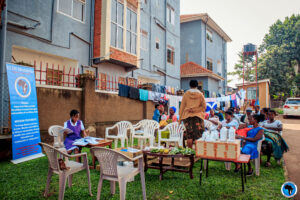
African countries must encourage farmers to adopt nature-positive production methods
World Climate forum
| Beneath our feet lies humanity’s most powerful ally in the fight against climate change and environmental degradation. While it may look like dirt to some, soil is the foundation of life on Earth. Healthy soil hosts an astonishing variety of species that offer crucial benefits to living beings, including humans. It plays a key role in cycling nutrients necessary for both natural ecosystems and for 95% of our calorie intake. It also stores water, building resilience against droughts.
From bacteria to earthworms, soil teems with diverse life forms, all working together to maintain its structure, fertility, and productivity. This vibrant ecosystem not only nourishes humanity but also acts as a massive carbon sink. Healthy soil, enriched with organic matter, traps carbon in the ground, preventing it from being released into the atmosphere, storing three times more carbon dioxide than all terrestrial vegetation combined.
But soils around the world are being eroded and degraded by human activities like agricultural expansion, deforestation, and urbanisation, undermining the planet’s ability to sustain us and regulate the climate. According to the Food and Agriculture Organization of the United Nations (FAO), up to 40% of the planet’s land surface has already been degraded.
The situation is especially dire in Africa, where 65% of productive land is degraded and desertification affects 45% of the continent’s land area. The need to support Africa’s rapid population growth fuels natural-habitat conversion, deforestation, biodiversity loss, and soil erosion.
Recognising the vital role that healthy soil plays in mitigating climate change, reversing biodiversity loss, and eradicating hunger and poverty, the African Union recently held its Fertiliser and Soil Health Summit in Nairobi. Leaders adopted a ten-year action plan to promote organic fertilisers and help African countries meet the ambitious goals set by the 1992 Rio Conventions on biodiversity, climate change, and desertification.
Aligning the AU’s action plan with national commitments is crucial to combating soil erosion. By harmonising these measures with their national emissions-reduction goals, targets for land-degradation neutrality, and biodiversity strategies, African countries can ensure that efforts to restore degraded land also bolster climate mitigation and protect biodiversity, thereby maximising synergies and minimising trade-offs.
Successful implementation of the AU’s action plan also requires fostering cross-sector collaboration and stakeholder engagement to ensure coherence and effectiveness. Boosting investments in land restoration across the continent is vital, as research shows that every dollar invested in restoring degraded land can generate up to $30 in economic benefits.
But preventing degradation altogether is far more cost-effective. Given that agriculture currently accounts for roughly 23% of Africa’s GDP and supports 60% of its population, governments and private investors must consider the economic trade-offs involved in expanding land-conservation efforts on the continent. While such investments can help reverse biodiversity loss by mid-century, land-restoration initiatives must be complemented by measures like sustainable intensification to prevent spikes in food prices.
Science plays a crucial role in transforming these trade-offs into opportunities. Researchers have extensively explored the possibility of replenishing soil organic carbon in tropical soils using deep-rooted forage grasses, particularly a type called Urochloa (syn. Brachiaria) humidicola. Native to East and Southeast Africa, this grass, when integrated with rotational grazing strategies, boosts soil fertility, and its root exudates can reduce nitrous oxide emissions and improve carbon capture in deeper soil layers. Recent studies show that farms adopting such grasses can thus offset methane emissions from livestock and even achieve a negative carbon footprint.
Crucially, African countries must offer appropriate incentives to encourage farmers to adopt nature-positive production methods that enhance soil health, such as agroecological practices or regenerative agriculture. These methods are already gaining traction across the continent, resulting in higher crop yields, improved nutritional quality, and reduced greenhouse-gas emissions.
While farmers are the custodians of our soil, it is important to remember that they are also businesspeople. Many, especially smallholder farmers, lack the economic capacity to shift to more sustainable production models. But by treating them like any other startup and providing the right public and private incentives, we can facilitate this transition, thus empowering millions of farmers worldwide to spearhead land restoration efforts and transform our food systems.
AUTHOR:: BAGOMBEKA JOB

